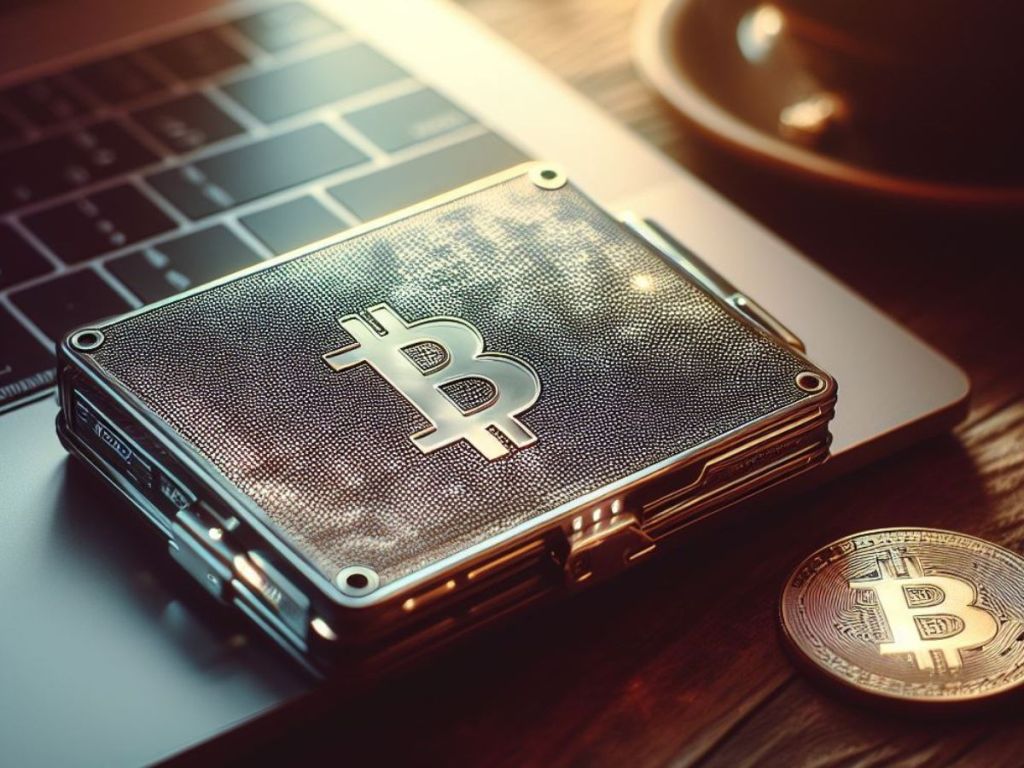Smart contract wallets are a type of Web3 wallet that use smart contracts to manage your digital assets. Unlike regular wallets that rely on private keys, smart contract wallets let you control your funds with a smart contract that you own and customise. In this article, we will explain what these wallets are, how they differ from regular wallets, and why they offer superior security, usability, and interoperability.
What are smart contracts?
Smart contracts are self-executing, programmable scripts that run on a blockchain. They can encode the rules and logic of any agreement, and automatically enforce them without intermediaries. Smart contracts can be used for various purposes, such as creating tokens, decentralized applications (DApps), decentralised exchanges (DEXs), and more.
What is a smart contract wallet?
A smart contract wallet is a decentralised application (DApp) built on a blockchain that enables users to manage their digital assets using smart contract technology. These contracts are self-executing, programmable scripts that automatically enforce the terms and conditions of an agreement.
A smart contract wallet is different from a regular wallet, which is based on an externally-owned account (EOA). An EOA is a simple account that is controlled by a private key, which is a secret string of characters that proves ownership of the account. A regular wallet is a software or hardware device that stores and manages the private keys of one or more EOAs.
A smart contract wallet, on the other hand, is based on a contract account, which is an account that is controlled by a smart contract.
A contract account has its own address, balance, and code, and can send and receive transactions like an EOA. However, a contract account can also execute complex functions and interact with other smart contracts on the blockchain.
A smart contract wallet is essentially a smart contract that acts as your personal wallet. You can create and customise your own, or use a pre-existing one that is developed by a third-party provider. Some examples of popular ones are Argent, Safe, and Mangos.
A list of the top smart contract wallets is available here.
Why are smart contract wallets superior?
Smart contract wallets offer several advantages over regular wallets.
Enhanced security and account recovery
One of the main challenges of using regular wallets is the risk of losing access to your funds if you lose your private key or device, or if your wallet gets hacked or compromised.
To prevent this, regular wallets require you to backup your private key or seed phrase, which is a set of words that can restore your wallet. However, this can be inconvenient, cumbersome, and prone to human error.

Smart contract wallets solve this problem by using a different mechanism for account recovery. Instead of relying on seed phrases, smart contract wallets use trusted third parties known as guardians, who can help you regain access to your wallet if you lose your device or forget your password.
Guardians can be friends, family members, or even other devices that you own. You can choose who your guardians are, and how many of them you need to approve your recovery request.
These wallets also allow you to set daily or weekly limits on how much you can transfer from your wallet, to prevent hackers from draining your funds. You can also freeze your account, or revoke access from any device, in case of an emergency.
Better user experience
Another challenge of using regular wallets is the complexity and unpredictability of gas fees, which аre the fees that you pay to the network for processing your transactions. Gas fees can vary depending on the network congestion, the type and size of your transaction, and the gas price that you choose.
Gas fees can also be a barrier for new users who are not familiar with how they work, or who do not have enough funds to pay for them.
Smart contract wallets improve the user experience by enabling features like gasless transactions and batched transactions. Gasless transactions are transactions that do not require the user to pay gas fees upfront, but instead use a third-party service that pays the gas fees on behalf of the user, and deducts the amount from the user’s balance later.
Batched transactions are transactions that combine multiple actions into one, to save gas fees and time. For example, you can swap tokens, lend them, and stake them, all in one transaction.
These wallets also provide a more seamless and intuitive interface for interacting with DApps and other smart contracts on the blockchain.

You can access various DApps and services directly from your smart contract wallet, without having to switch between different apps or platforms. You can also use these wallets as your identity and reputation on the blockchain, and sign messages or transactions with your wallet address.
Higher interoperability
A final challenge of using regular wallets is the lack of interoperability between different blockchains and protocols.
Each blockchain has its own native currency, network, and standards, which makes it difficult to transfer or exchange assets across different platforms. To overcome this, regular wallets need to support multiple blockchains and protocols, or use bridges or wrappers that can convert one asset into another.
These wallets enhance the interoperability by supporting multiple blockchains and protocols natively, or by integrating with cross-chain solutions that enable seamless asset transfers and swaps.
For example, you can use these wallets to hold and manage assets from Ethereum, Polygon, Solana, and more, all in one place.
You can also use this kind of wallet to participate in cross-chain DApps and services, such as decentralised lending, borrowing, and trading.
Conclusion
Smart contract wallets are a type of Web3 wallet that use smart contracts to manage your digital assets. They offer superior security, usability, and interoperability compared to regular wallets, by enabling features like account recovery, transfer limits, gasless transactions, batched transactions, DApp integration, and cross-chain compatibility.



